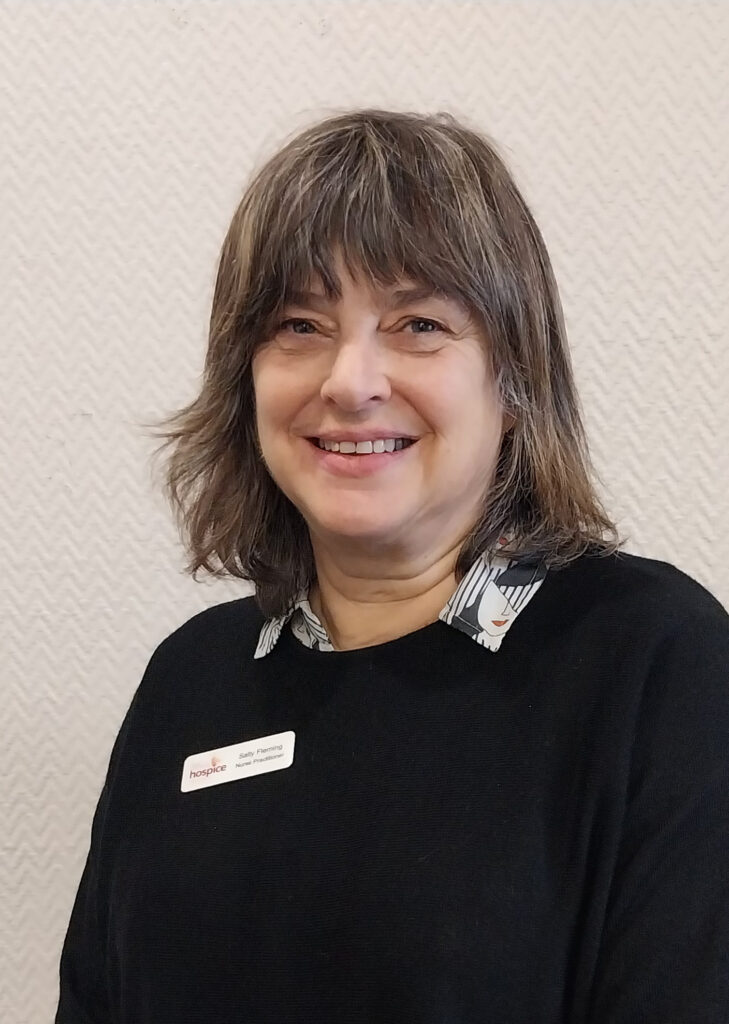Fleming – who has been working in aged care for 35 years, and has a long-held affinity with caring for older people — says she finds the work deeply fulfilling.
“I’ve carved out a really good career in the aged-care sector,” the Dunedin nurse says. “Early in my career, when I was working in an orthopaedic ward, there were many patients over the age of 65; many of them had broken bones such as hips and I felt a natural affinity to care for them.”
Asked why many nurses tend to shy away from the aged-care sector, she says there has been a stigma for decades — something she is trying to change.
“Developing a relationship with older people is wonderful, but unfortunately the work is under-valued,” says Fleming, who has been promoting its positive aspects for many years.

One of those is the opportunity to lead and practise more autonomously than in a hospital environment, she says.
‘In residential aged care, you’ve really got the best options to develop clinical skills if you choose to, and the opportunities are boundless.’
In hospitals, nurses will often defer to doctors’ medical expertise. But working in residential aged care, clinical staff such as registered nurses (RNs) are the ones who do resident assessments and communicate with them and their families, as well as their colleagues.
“In residential aged care, you’ve really got the best options to develop clinical skills if you choose to and the opportunities are boundless.”
Fleming has spent many years studying, including completing her master’s degree. She has also managed and helped build two rest-homes over the course of her career so far.
Opportunities to develop new skills
She said taking up a management role helped her gain new skills in areas such as health and safety, human resources and budgeting.
“As the manager, the buck stopped with me so if a shift was not completely full, it was my responsibility to fill the breach.”
Being involved with building also allowed her the opportunity to work closely with architects, as well as helping her understand more about the financial and business end of aged care.
‘If you’re curious and dig a little bit deeper, you’ll discover that aged residential care has the most complex patients.’
A curious mind has played a large part in Fleming’s evolving career, she says.
“If you’re curious and dig a little bit deeper, you’ll discover that aged residential care has the most complex patients – older people, frail people with multiple conditions, or using multiple drugs.
“You get time to get to know who they are and understand how you can help them. Again, if you’re curious you take the time to develop good care plans and teach others to do the same.”
NP in palliative care
Fleming has gone on to do further training and is now a nurse practitioner specialising in palliative care. She visits residential aged care facilities to help support their palliative care services.
Palliative care plays a much larger part in aged care than previously, she says – and this will only continue as our population ages.
‘There’s a career pathway, starting with being a health-care assistant, becoming an enrolled nurse, then an RN and then a nurse practitioner.’
“That means more responsibility for clinical staff and this is a wonderful opportunity for nurses to develop their professional competency.”
Whenever the opportunity arises, Fleming encourages clinical staff to look at upskilling and expanding their horizons, and to realise how rewarding it is to work in the aged-care sector.
“There’s a career pathway, starting with being a health-care assistant, becoming an enrolled nurse, then an RN and then a nurse practitioner.”
— Alena Lynch is communications manager at Presbyterian Support Otago.



